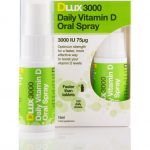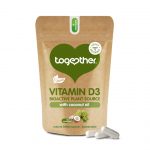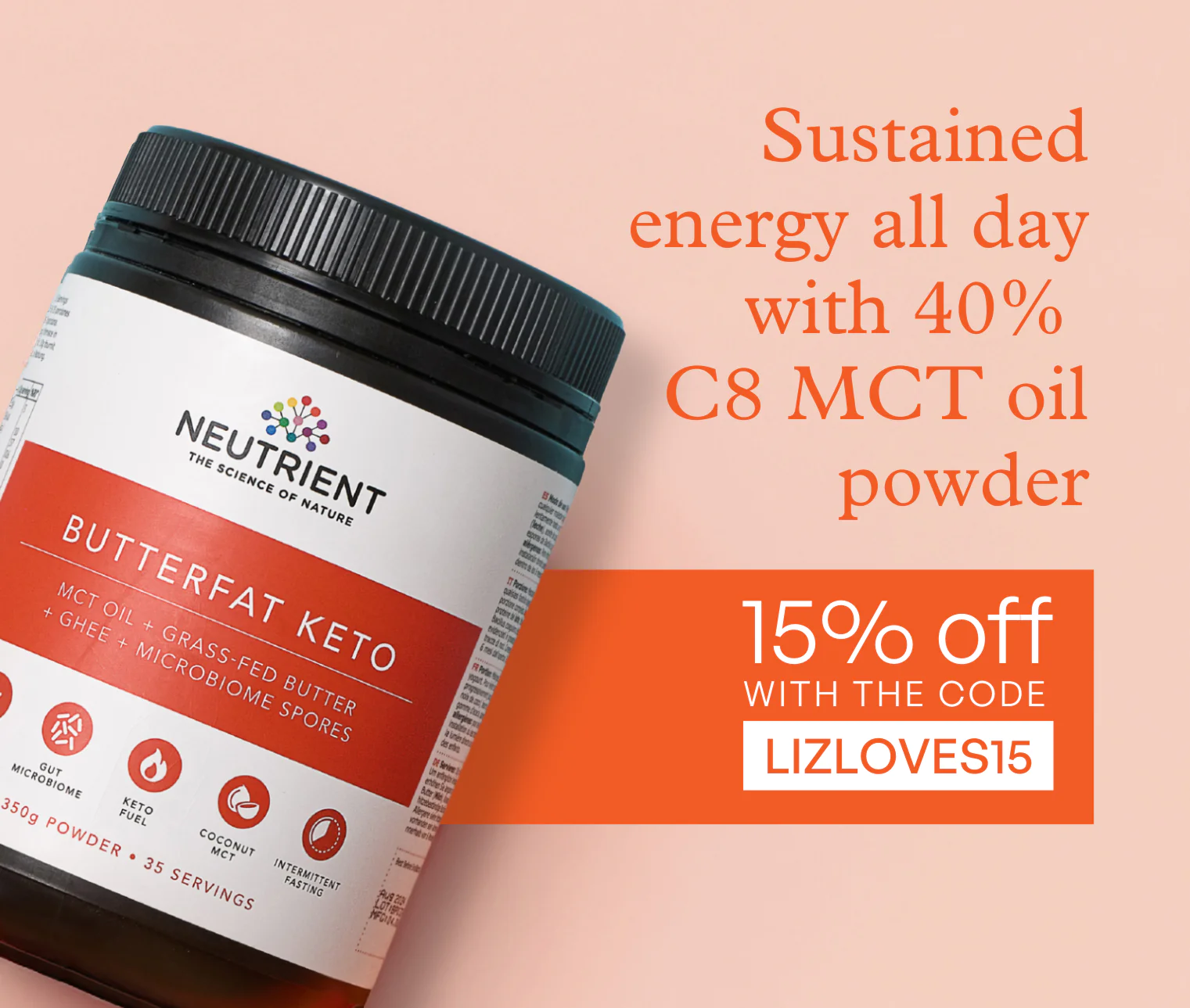Lifestyle
Vitamin D: Everything you need to know
Discover the bone-strengthening benefits of vitamin D, how to naturally boost your levels and the pros and cons of supplements.
Vitamin D is essential for strong, healthy bones but our best source — the sun’s UV rays — are also a major cause of skin cancer. We explore the benefits of this vital vitamin, whether it’s safe to skip SPF during the summer months and the pros and cons of vitamin D supplements.
How do we get vitamin D?
Though we can get small amounts of vitamin D from our diet (from oily fish, red meat, egg yolk, mushrooms, fortified breakfast cereals and non-dairy milks), it’s estimated that only 10% of our recommended daily allowance (RDA) comes from food. In fact, as the British Dietetic Association emphasises in its guidelines, “Even a healthy, well-balanced diet that provides all the other vitamins and goodness you need, is unlikely to provide enough vitamin D.” As sunshine remains our primary source, the much-misunderstood vitamin D is not strictly a vitamin (i.e. a necessary dietary factor), but a hormone. Unlike other vitamins, vitamin D is made in the skin, metabolised by the liver, and finally activated by the kidneys — a true team effort!
What do we need vitamin D for?
There are vitamin D receptors in nearly every cell in the human body. For this reason, we know that vitamin D plays a role in a wide range of bodily processes, many of which remain a mystery to researchers.
While studies continue to draw a link between low vitamin D levels and a variety of conditions (most notably depression and cancer, as well as heart disease, cognitive decline and obesity), we don’t yet know if a lack of vitamin D contributes to these conditions or is simply a symptom. In the case of depression, for example, those with low mood are likely to spend more time indoors, exposed to less sunlight.
While research is proving inconclusive in some areas, what we do know for certain is that vitamin D helps to metabolise calcium — essential for healthy bones. “Calcium can only help to build bones at full potential if the body has enough vitamin D,” Dr Taher Mahmud, Director of the London Osteoporosis Clinic, explains. For those of us looking to add life to our years and not just years to our life, keeping vitamin D levels topped up remains a priority. Age UK reports that 1 in 2 women and 1 in 5 men will break a bone in their lifetime as a result of dwindling bone density.
Want to learn more about maintaining healthy bones? Listen to our podcast with Dr. Taher Mahmud.
Are we getting enough vitamin D?
As we can’t get enough vitamin D from our diet alone, Brits are unfortunate when it comes to the weather: “In the UK, vitamin D can only by synthesised during the summertime, as sunlight of the critical wavelength only reaches us between approximately April/May and September/October,” Dr Mahmud explains. For this reason, the UK government recommends that adults and children over the age of one consider supplements during the greyer months.
Does this mean we’re covered throughout the summer season? Perhaps not. A 2017 clinical review from the American Osteopathic Association suggests that our changing sun exposure habits may have resulted in widespread deficiency (an estimated one billion people worldwide). As the leading researcher, Dr. Kim Pfotenhauer, explains, “People are spending less time outside and, when they do go out, they’re typically wearing sunscreen which essentially nullifies the body’s ability to produce vitamin D.” Sun cream with an SPF of 15 or greater was found to decrease vitamin D production by a staggering 99%. “While we want people to protect themselves against skin cancer,” Dr. Pfotenhauer adds, “there are healthy moderate levels of unprotected sun exposure that can be very helpful in boosting vitamin D. You don’t need to go sunbathing at the beach, a simple walk with arms and legs exposed is enough for most people.”
Should we skip SPF?
While Pfotenhauer’s advice may help to boost vitamin D levels in young Caucasian men and women, this may not be the case for others. A Public Health England Report has revealed that while 15 minutes of unprotected midday sun exposure achieved adequate levels of vitamin D in those with white skin, it took 20-25 minutes for brown-skinned South Asians to synthesise less than half this amount. Further, the report indicates, “Information is lacking, and is needed, on […] vitamin D levels in black people in the UK.”
Skin tone aside, our ability to produce this essential hormone dramatically decreases as we age, leaving the elderly at a greater risk of insufficiency. Those that live in cities should be aware that air pollution can also significantly reduce exposure to critical wavelength light.
In light of this variation, changing our sun habits doesn’t seem to be the safest way to tackle vitamin D deficiency. While sunbathing is known to particularly increase the risk of melanoma, the Public Health England report concludes that long-term, less intense sun exposure probably also increases skin cancer risk. Until a consensus is reached regarding what length of time, if any, is safe for those of all skin types and ages to spend unprotected in the sun, vitamin D supplements remains the safest solution.
Vitamin D supplements

DLux 3000 Daily Vitamin D Oral Spray
Though marketing may suggest otherwise, definitive evidence of the benefit over the harm of vitamin D supplements has not been proven. For this reason, supplements are not recommended solely for the prevention of chronic disease. However, those with low levels of this vital vitamin will benefit from its bone-strengthening properties, so its best to check levels before starting a course of supplements. BetterYou offers a convenient vitamin D postal testing service in collaboration with the NHS. The results are delivered with a tailor-made supplementation plan based on your current levels. You can also request a blood test via your GP.

Together Health Vegan D3 Supplement
If you do decide to supplement, vitamin D3 remains the most effective form. A study compared vitamin D2 and D3 supplementation in 85 healthy persons for 25 weeks. They found that the effects of vitamin D3 supplements were more long-lasting. Our favourite vitamin D3 supplements include the BetterYou Vitamin D3 Oral Spray (made from lanolin) and we’ve managed to secure a 15% discount using code LIZLOVES at BetterYou. Another favourite is Together Health Vitamin D3 Capsules (made with plant-based nutritional yeast.)
By Ellie Smith
Please note, on some occasions, we earn revenue if you click the links and buy the products, but we never allow this to bias our coverage and always honestly review. For more information please read our Affiliate Policy.





